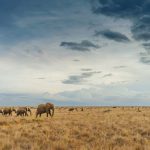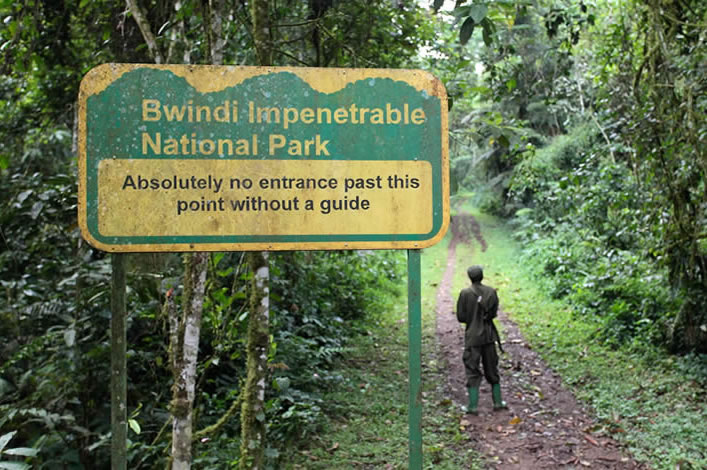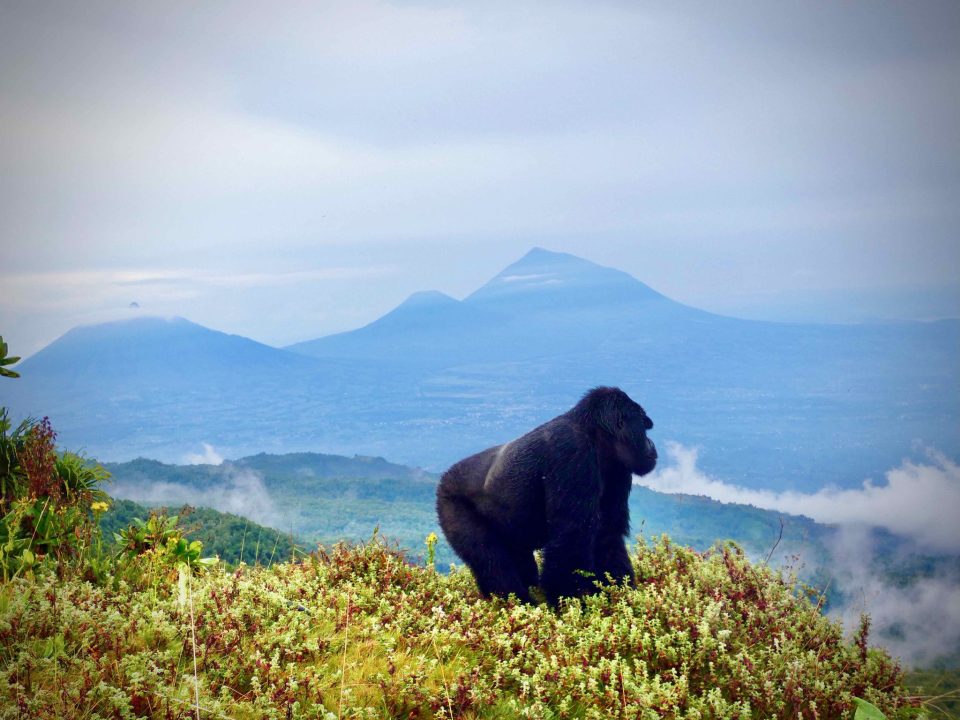
Cultural Tourism in Uganda: A Gateway to Heritage and Community Development
October 6, 2024
Essential Tips for Planning Your Perfect Uganda Safari
November 6, 2024Bwindi Impenetrable National Park, located in southwestern Uganda, is one of the world’s top destinations for gorilla trekking, home to over 19 habituated gorilla families. Despite its reputation, many travelers still make mistakes that can disrupt their experience and spoil what could be a once-in-a-lifetime adventure.
To ensure you have a smooth and unforgettable safari, here are the most common mistakes people make when booking a Bwindi gorilla trek—and how to avoid them.
1. Reporting to the Wrong Bwindi Sector for Your Trek
Bwindi is divided into four trekking sectors: Buhoma, Ruhija, Nkuringo, and Rushaga. Each gorilla trekking permit is specific to one sector, so you must report to the correct one. While some travelers assume they can simply arrive at the Bwindi park office and join a trek, this is not the case. It’s crucial to confirm your trekking sector in advance to avoid any confusion or missed opportunities.
2. Booking Gorilla Permits Too Late
Many people wait until the last minute to purchase their gorilla trekking permits—often just weeks or even days before their desired trekking date. The problem with this is that permits for popular trekking sectors can sell out quickly, leaving you with fewer options or forcing you to book a trek in a sector you didn’t prefer. To ensure you secure your desired date and sector, it’s recommended to book your gorilla trekking permits at least 3 months in advance.
3. Booking Accommodation in the Wrong Sector
Some visitors make the mistake of booking any accommodation within Bwindi National Park, only to find out later that their lodge is far from their designated trekking sector. Given the park’s large size, traveling between sectors can take considerable time. It’s best to first confirm your gorilla trekking sector and then book accommodation nearby to avoid unnecessary travel on the day of your trek.
4. Forgetting to Bring Snacks or Water
Gorilla trekking in Bwindi can be physically demanding, with varying terrain ranging from easy walks to challenging hikes. Many trekkers underestimate the effort required and forget to bring essential items like snacks or water. This can lead to exhaustion and slow down the entire group. To stay energized throughout the trek, make sure you carry snacks and sufficient water, and consider arranging for a packed lunch from your lodge. There are typically breaks during the hike where you can rest and eat.
5. Booking Gorilla Trekking Permits for the Wrong Dates
It’s important to carefully plan your itinerary, especially when booking gorilla trekking permits. A common mistake is booking a trek for the same day you arrive in Bwindi, without accounting for the long travel time from Entebbe (which takes about 8-9 hours by car). This can lead to a missed trek. Additionally, some travelers confuse gorilla trekking with chimpanzee trekking and mistakenly believe there are both morning and afternoon treks for gorillas. Double-check your dates and plans to avoid costly mistakes.
6. Failing to Physically Prepare for the Hike
Gorilla trekking is not a walk in the park—it involves strenuous hiking, often through steep and muddy terrain. Some travelers assume it will be an easy stroll, only to realize halfway through the trek that they are too fatigued to continue. In some cases, trekkers may need to hire a porter to carry them, which incurs additional costs. To avoid this, it’s important to prepare physically by engaging in some light cardio or hiking before your trip.
7. Attempting to Book Permits Directly from Uganda Wildlife Authority
The Uganda Wildlife Authority (UWA) only allows licensed tour operators to book gorilla trekking permits for foreign nationals. Many people mistakenly contact UWA directly, only to find that they are unable to secure permits on their own. Not only can this waste time, but it can also reduce your chances of getting permits, particularly during the high season (July and August). To avoid disappointment, it’s best to book your permits through a licensed tour operator.




